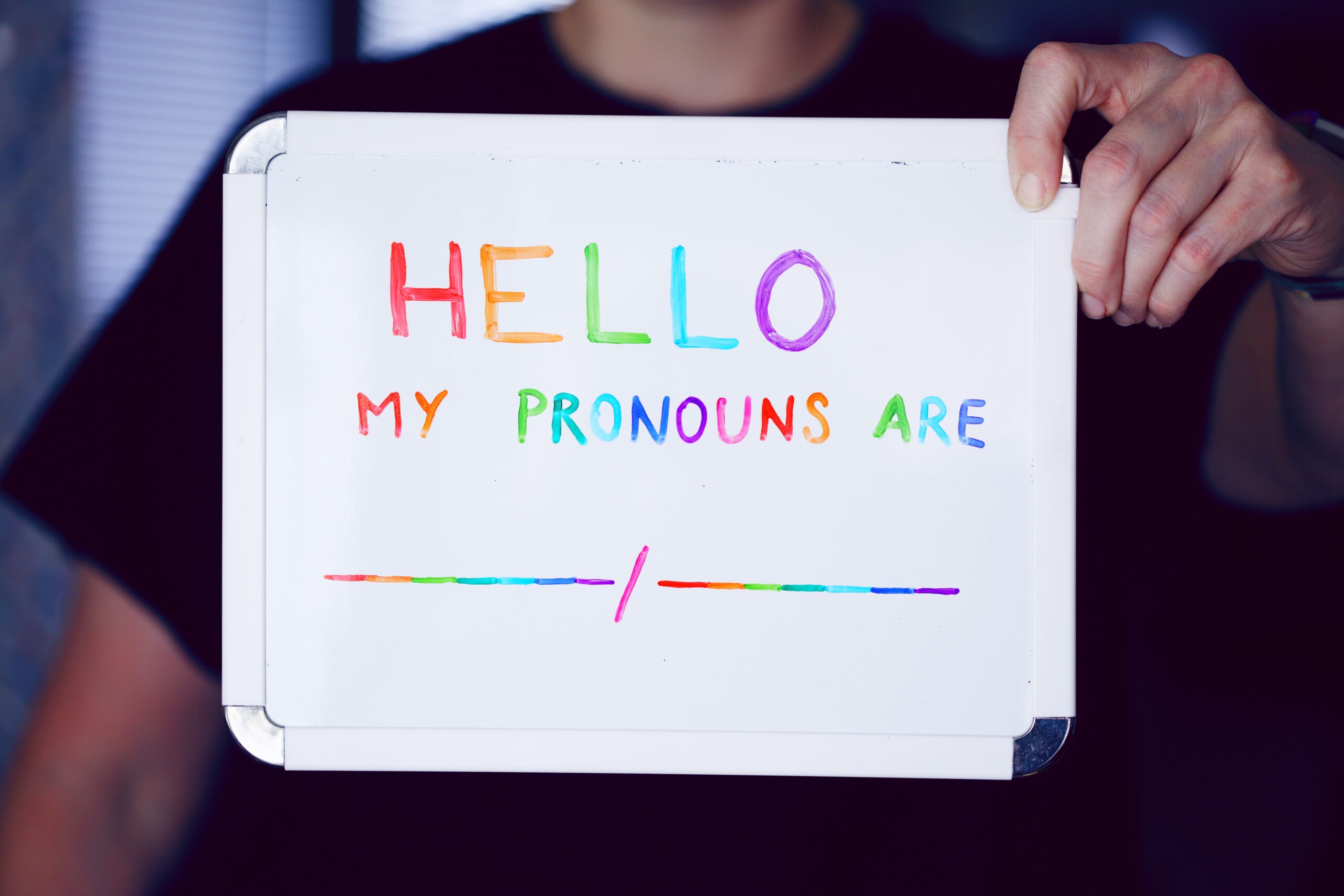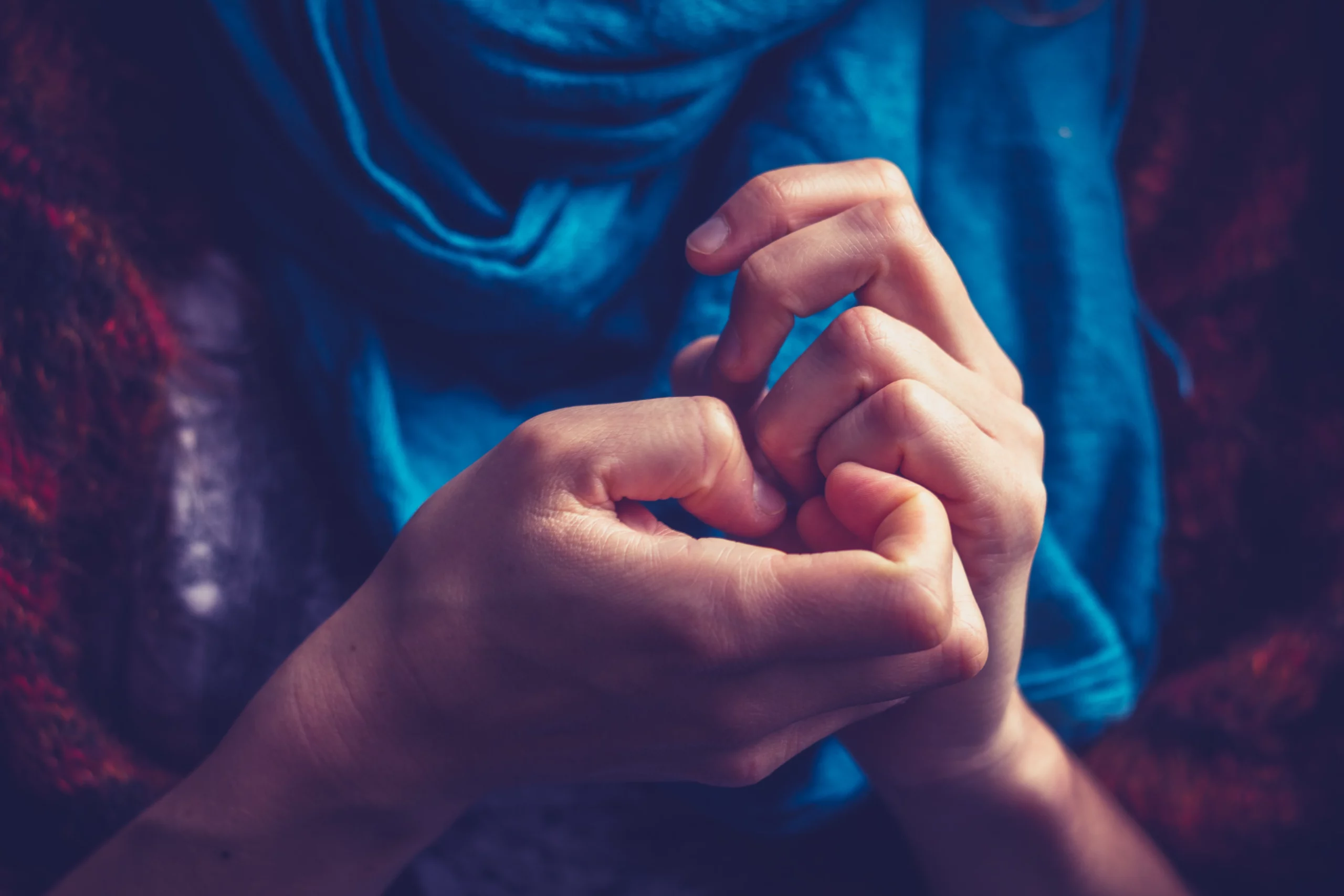Resource Details
Resource Format
Categories
Share:
Sleep problems are common in autistic people. As many as 50-80% experience some kind of sleep difficulty as compared to 25-30% of neurotypical people. Sleep issues vary widely and include:
Difficulty falling asleep
Interrupted sleep
Early waking
Needing very little sleep
When sleep problems arise in the adult years, there could be a variety of explanations, including environmental factors, changes in family or living arrangements, transitions to new day programs or employment, or environmental factors such a seasonal allergies or other air quality issues. Sleep problems can also be caused or exacerbated by underlying medical conditions such as:
Sleep apnea
Seizures
Erupting wisdom teeth
Restless legs syndrome
Psychological factors and emotional distress can also contribute to sleep problems. Anxiety, depression, stress, or trauma are just a few of the factors that can create or exacerbate sleep problems. Some types of medications, such as stimulants, beta blockers, corticosteroids, and decongestants can also affect the quality and duration of nighttime sleep.
Lifestyle changes can help
Six simple things to do to improve sleep:
Increase the amount of exercise during the day, such as walking and swimming
Minimize alcohol and caffeine intake
Limit screen use at night when possible
If heartburn or acid reflux are suspected, prop up the head of the bed or use extra pillows to avoid laying completely flat on the bed
Keep the bedroom cool and as dark as possible
Consider a weighted blanket to help calm nerves and give calming sensory input
Seeking care
When simple interventions don’t help, make an appointment with a PCP. A wearable device such as a smart watch or using a phone app that tracks sleep quality and waking patterns can provide useful feedback. Based on symptoms, history, and assessment, a referral to a neurologist or mental health clinician may be recommended. If symptoms include snoring or disrupted breathing, a sleep study to rule out sleep apnea or narcolepsy can often be done at home. If an overnight sleep study is required, there are accommodations than can make these studies less stressful. The Vanderbilt Kennedy Center has a guide for helping children with sleep study protocol that is also useful for adults.
Resources for sleep issues
Learn more about sleep and autism, and the impact of sleep patterns on other conditions common in older adults:
Spectrum News discusses the latest sleep research in Cracking Sleep’s Conundrum
Harvard Health Publishing on Sleep Problems and Risk of Stroke
Harvard Health Publishing on sleep problems and the increased risk of cardiovascular disease
Healthy Sleep Tips from the Harvard Division of Sleep Medicine
Sleep Strategies for Teens with Autism Spectrum Disorder from the Vanderbilt Kennedy Center and Autism Speaks


More Resources
Learn more about common medical conditions and ways of understanding and supporting adults with autism throughout the lifespan






